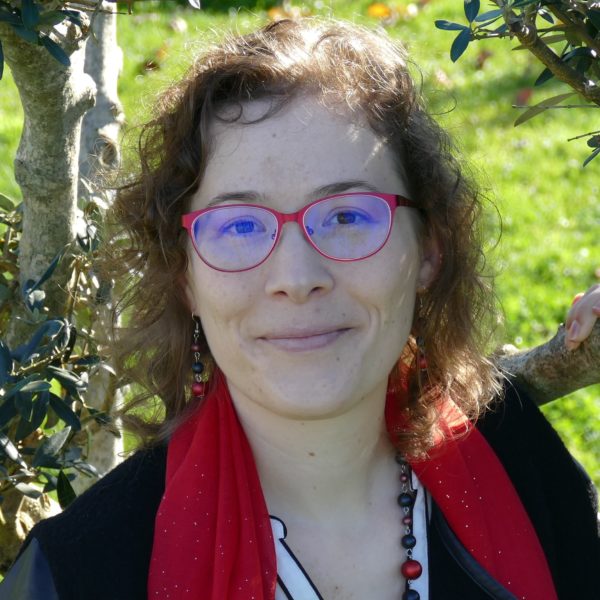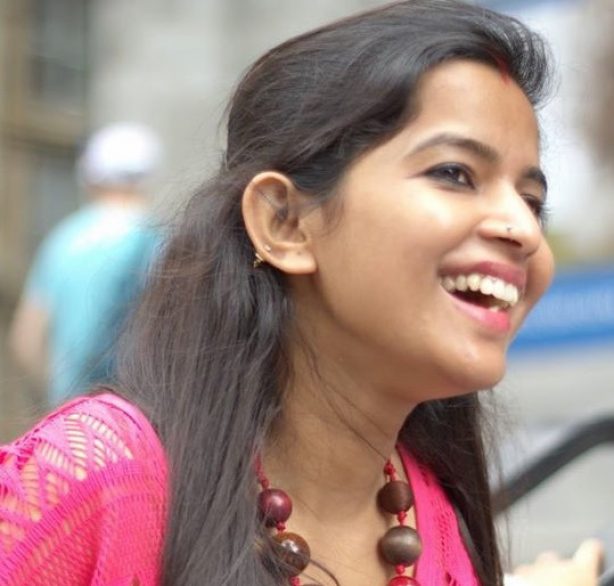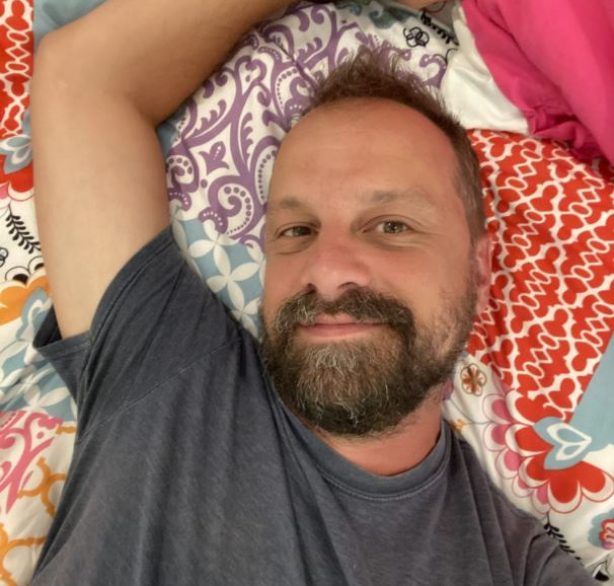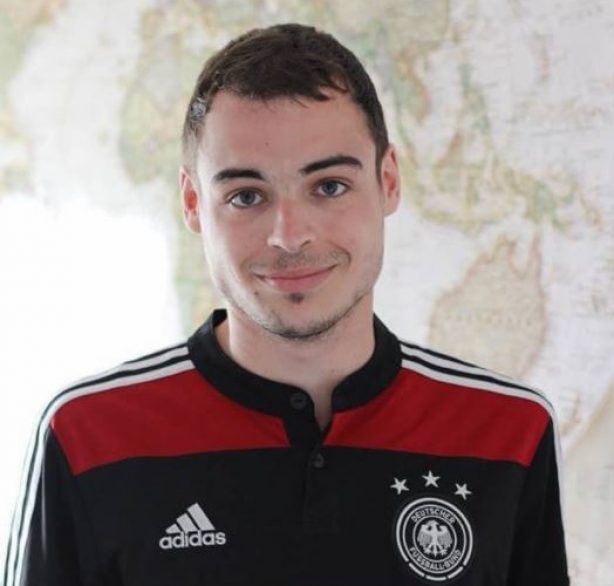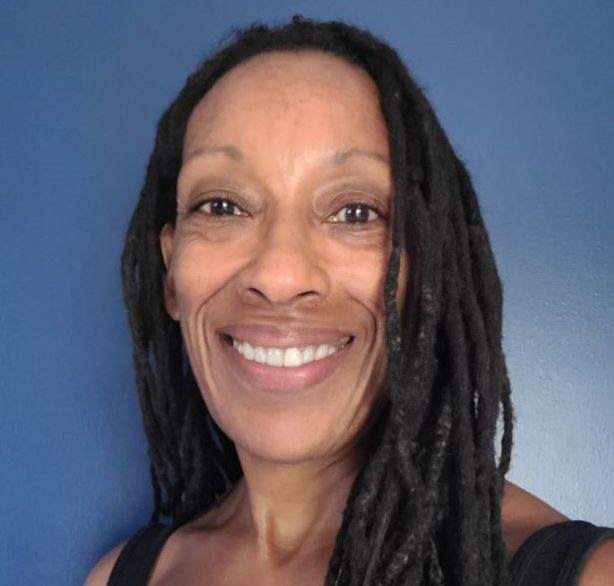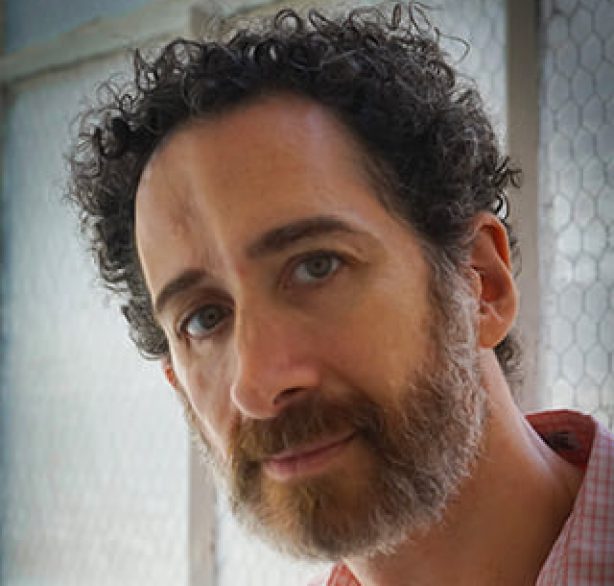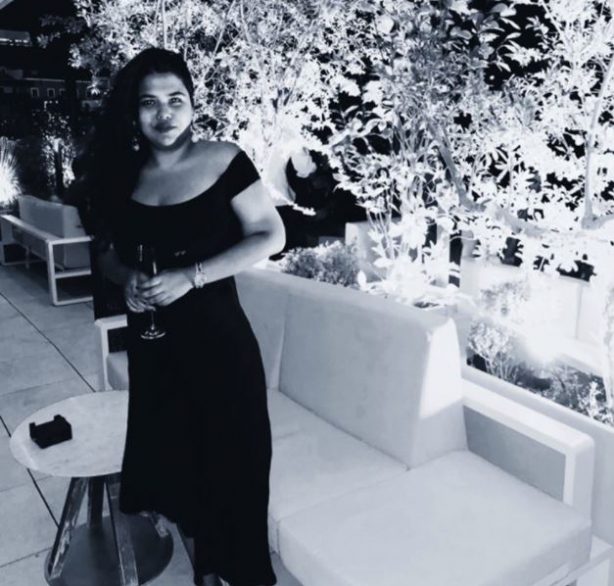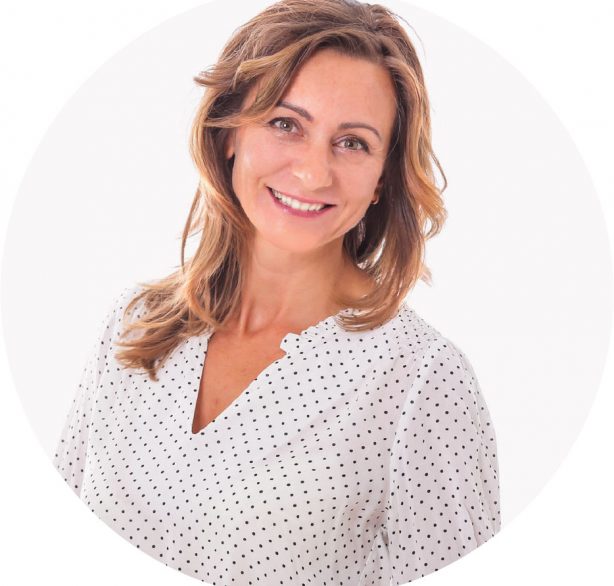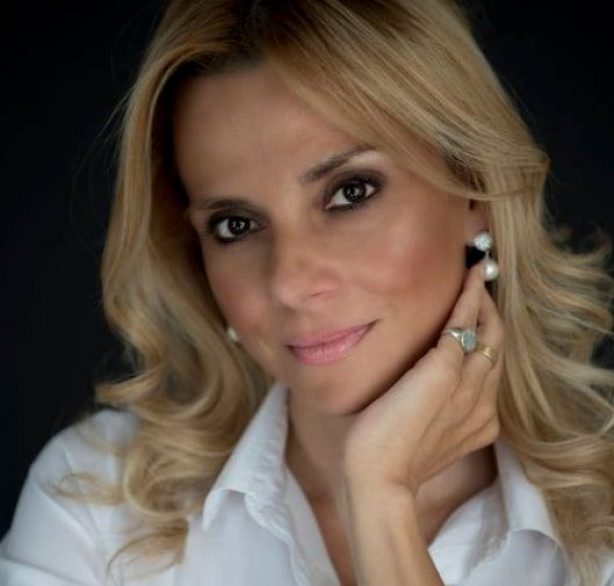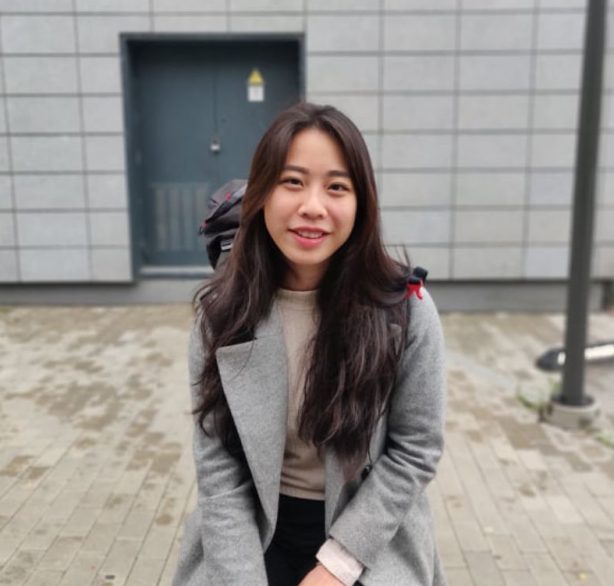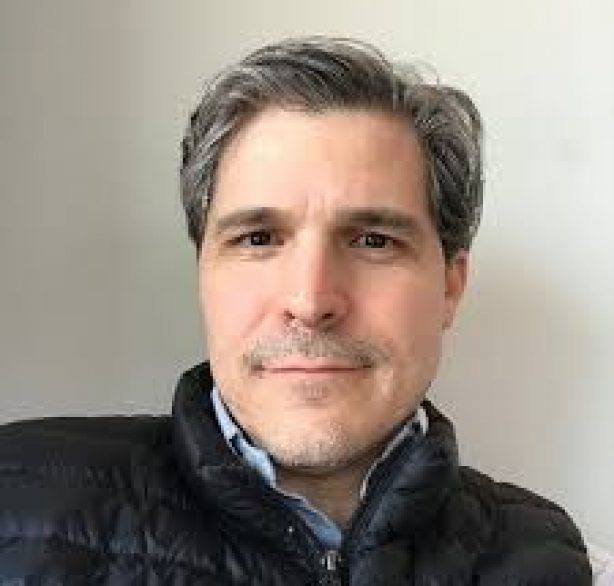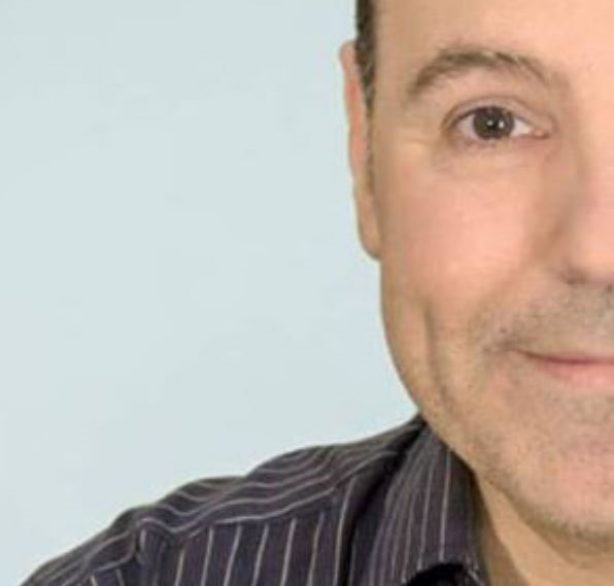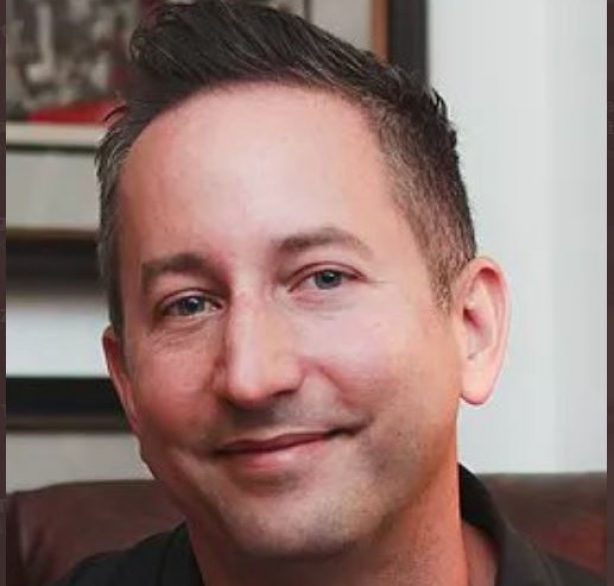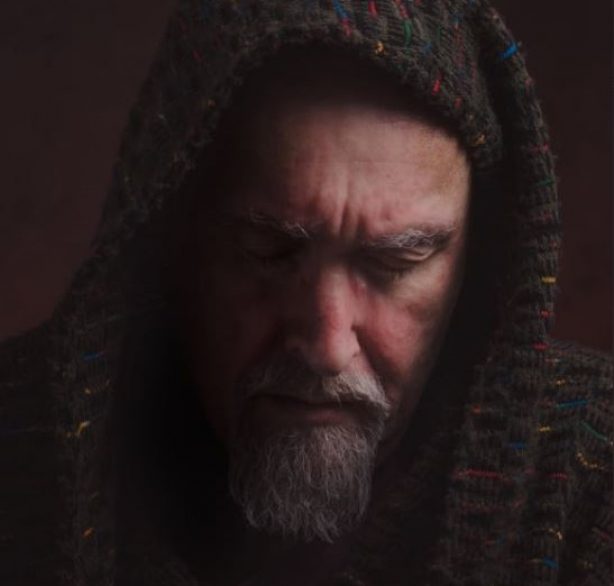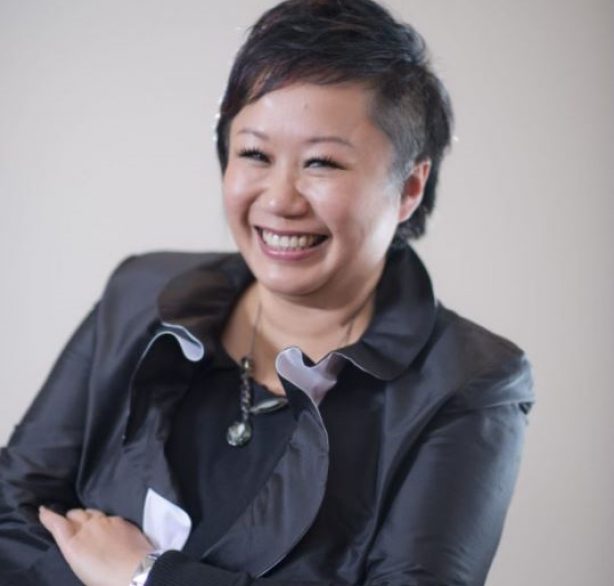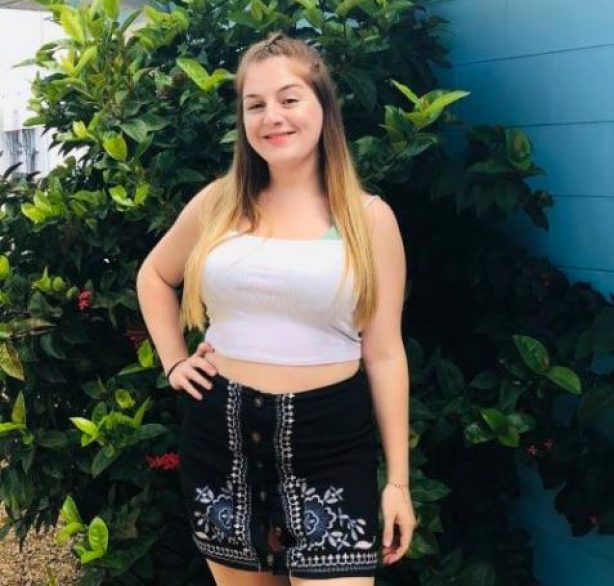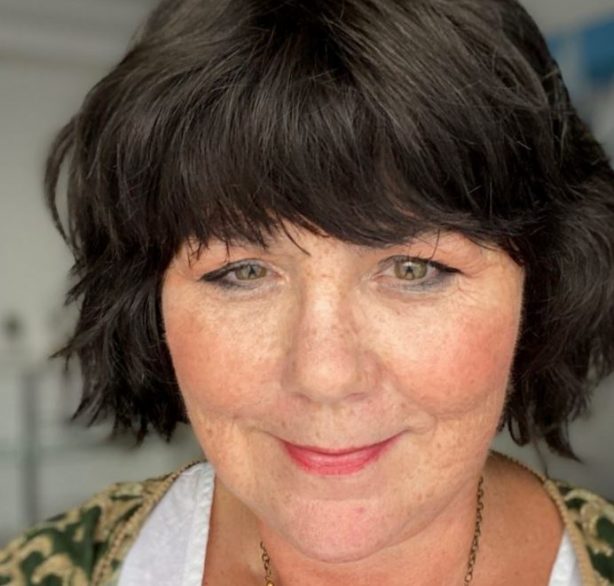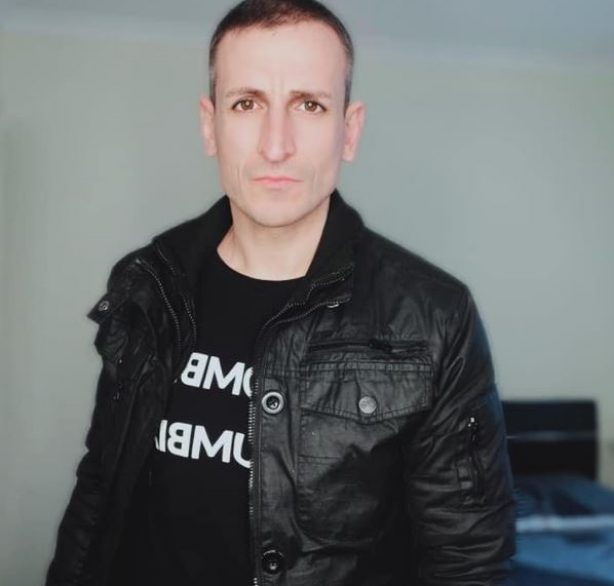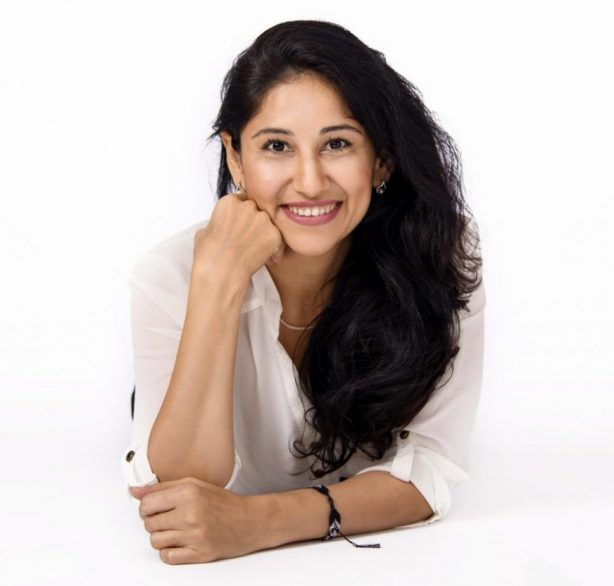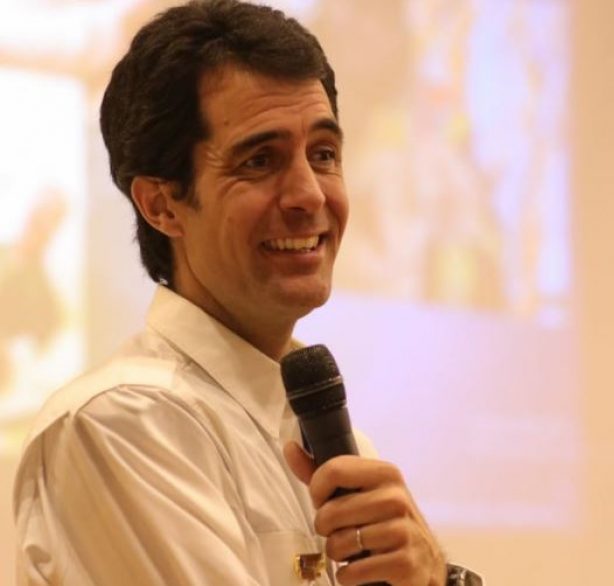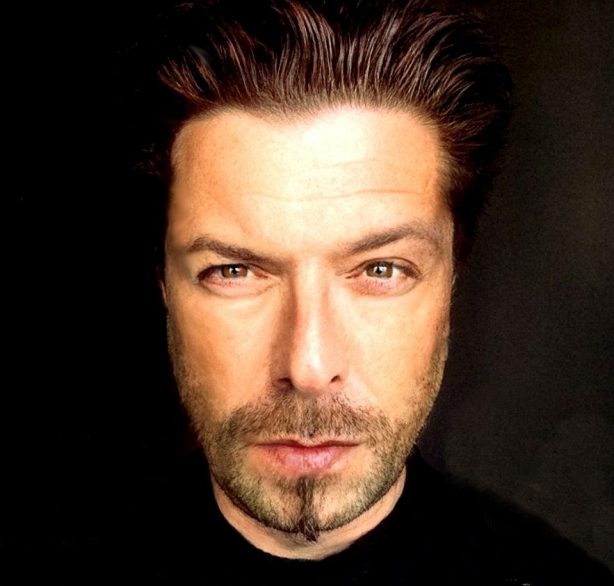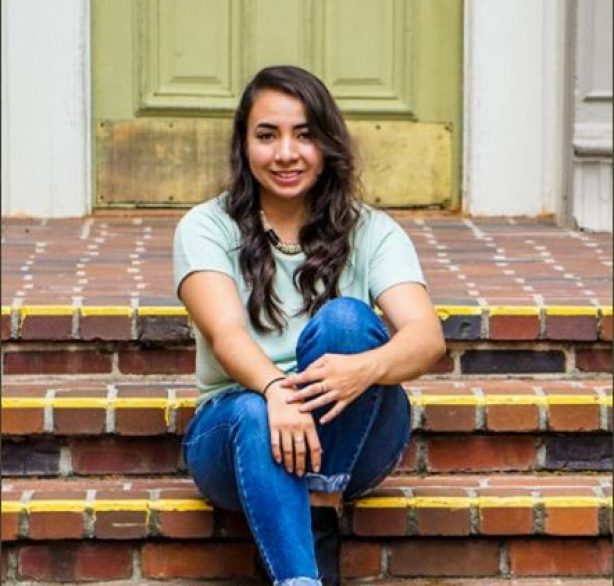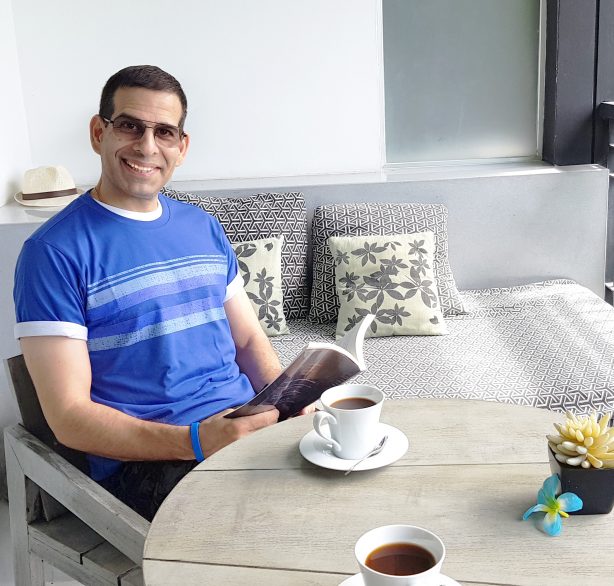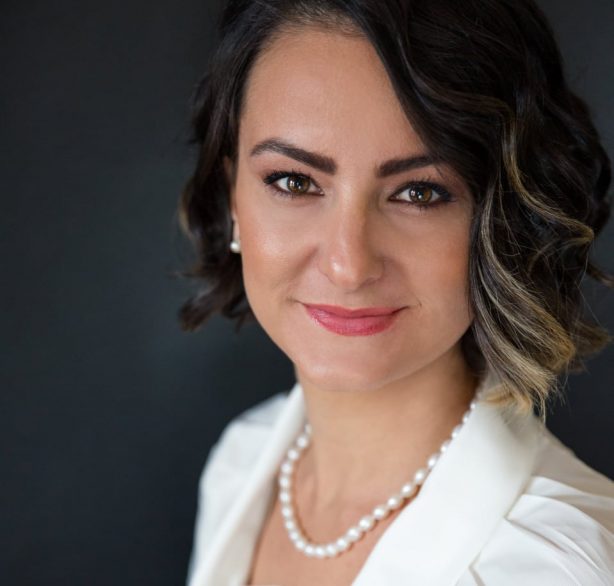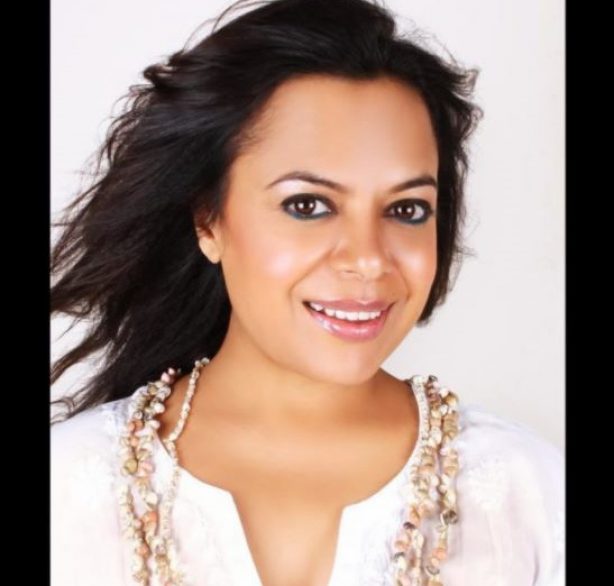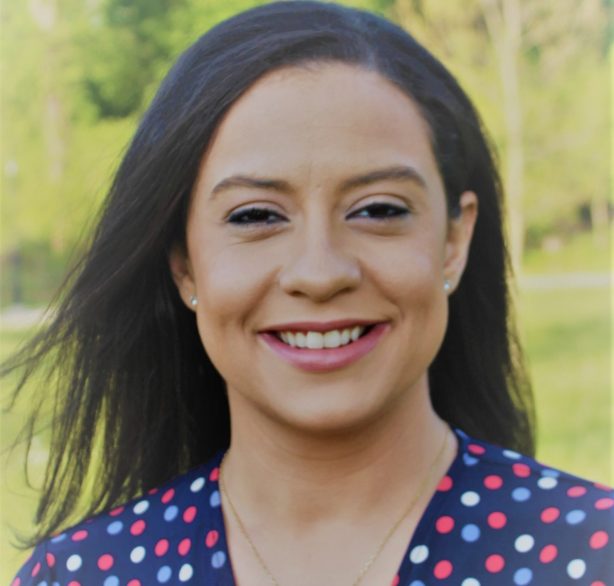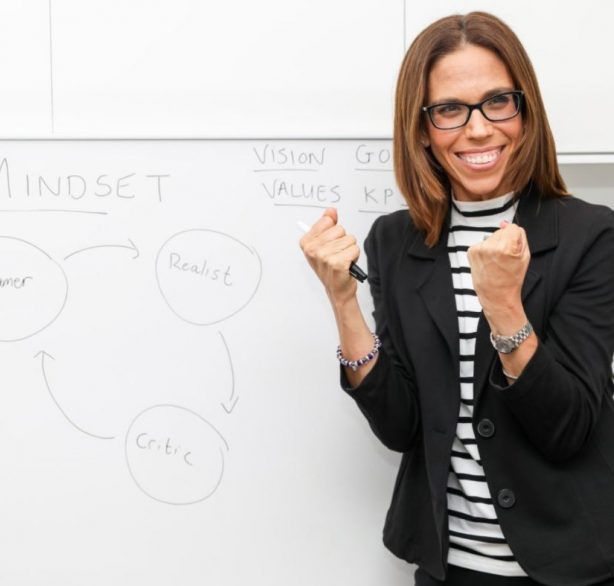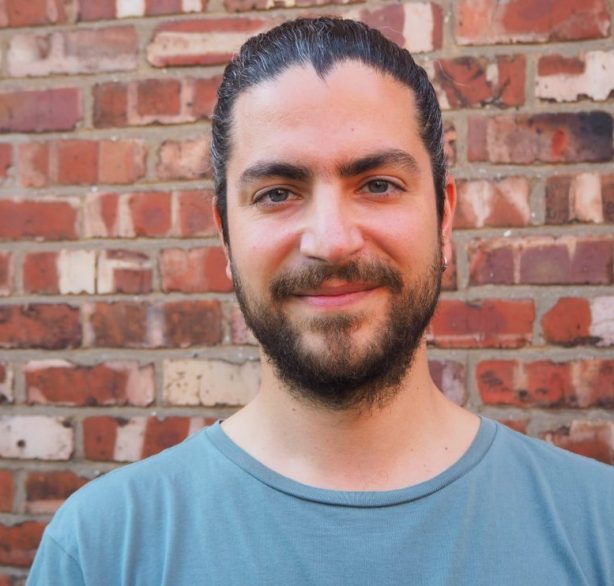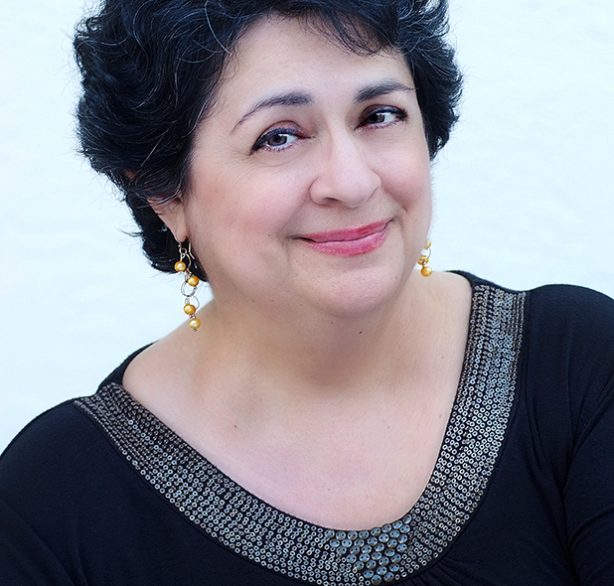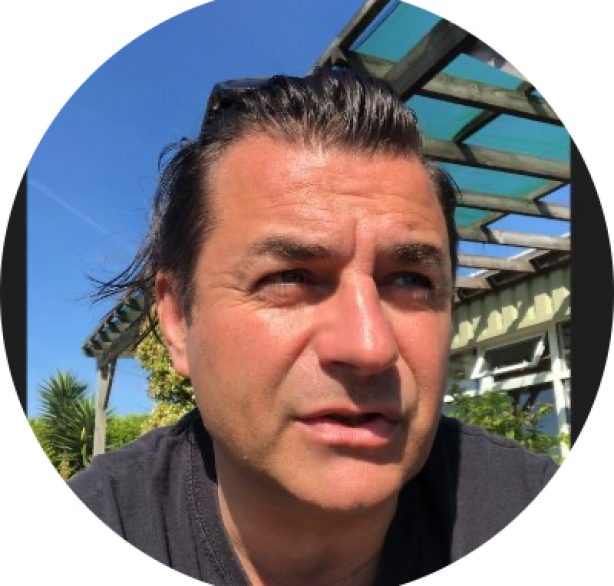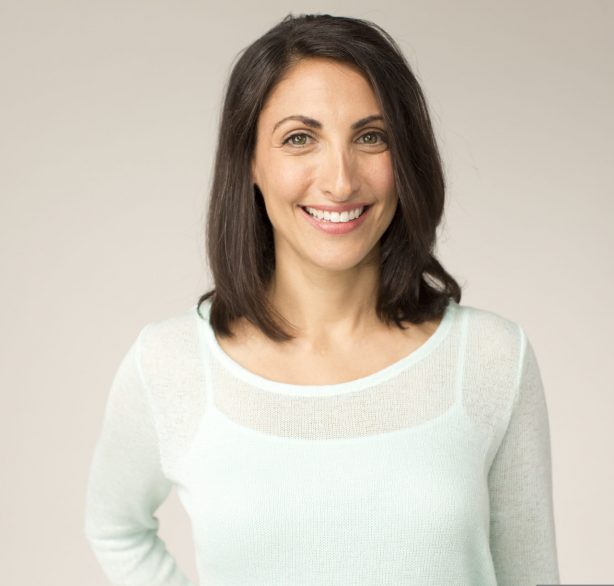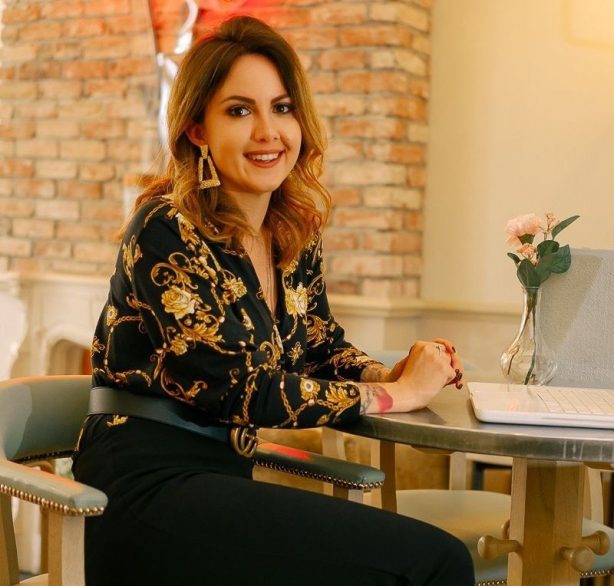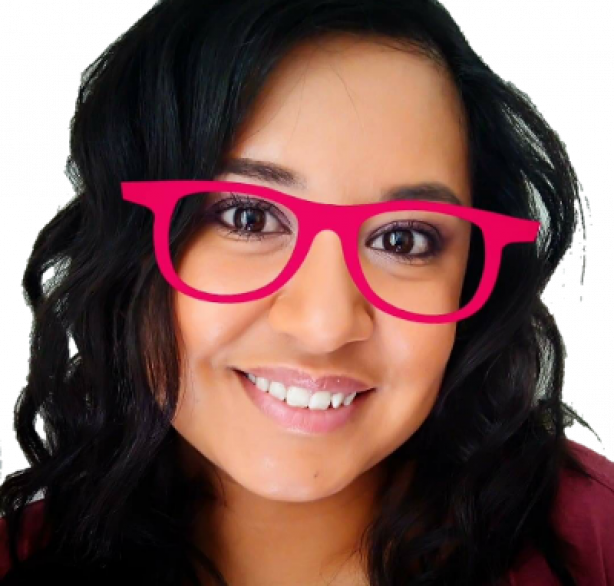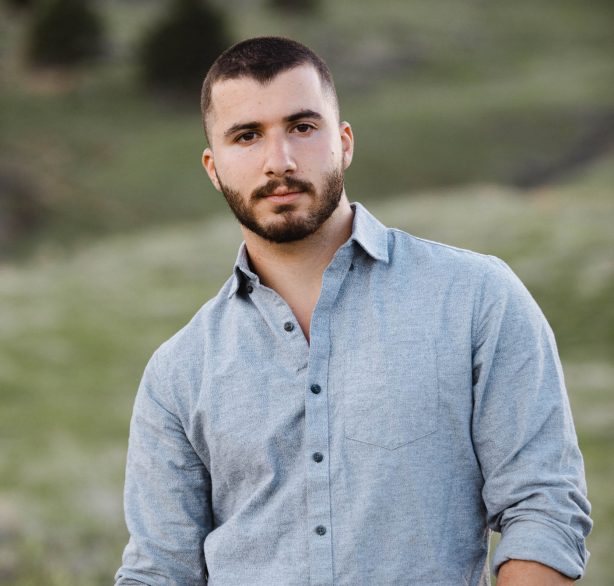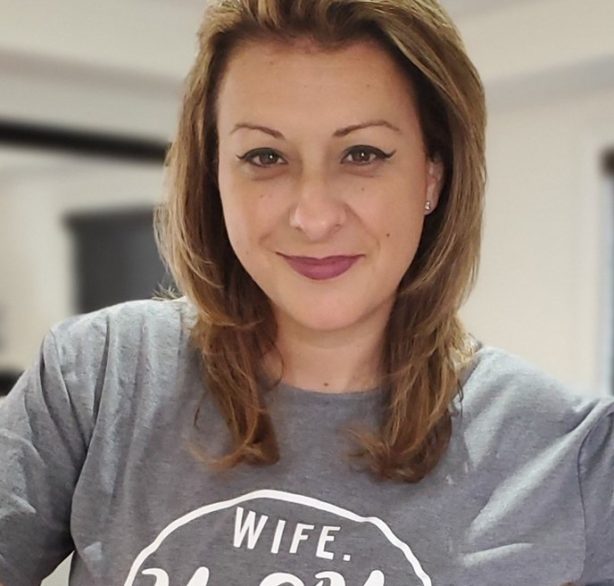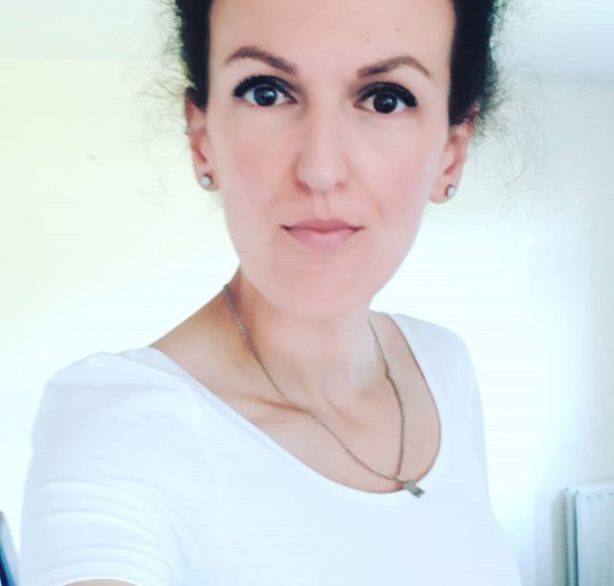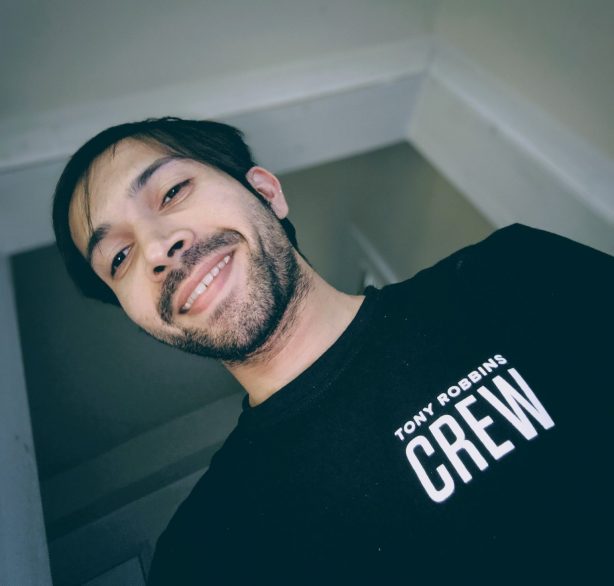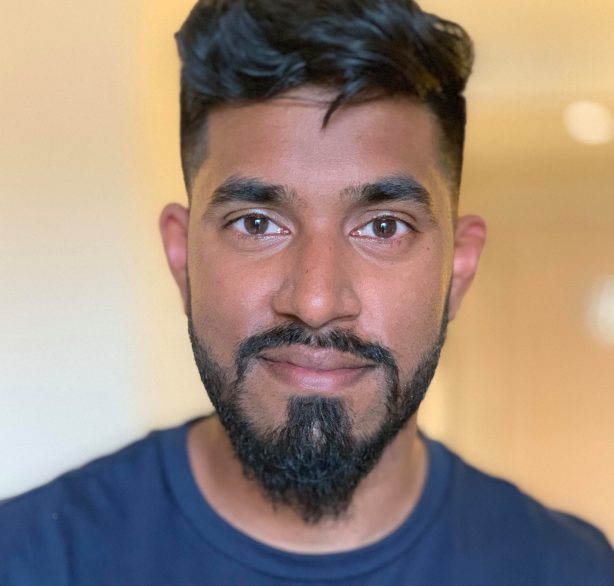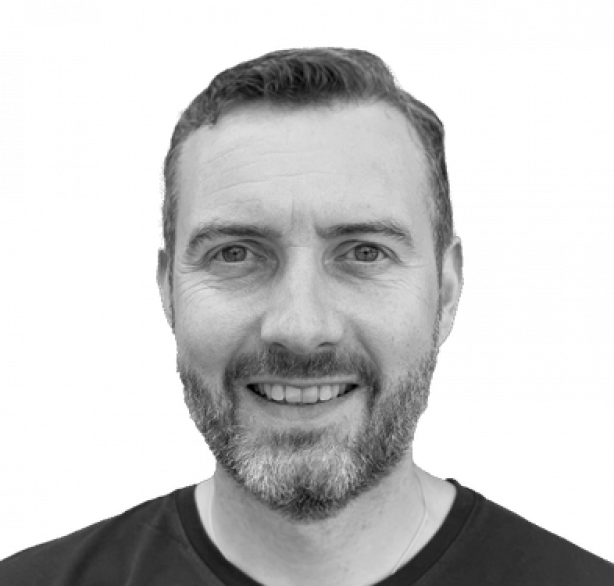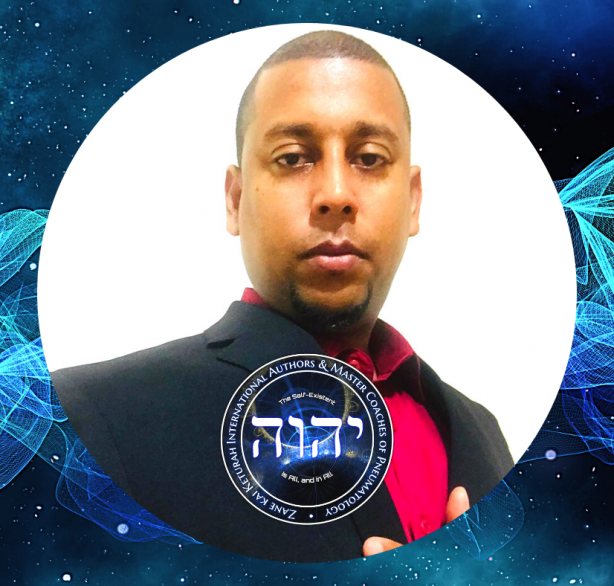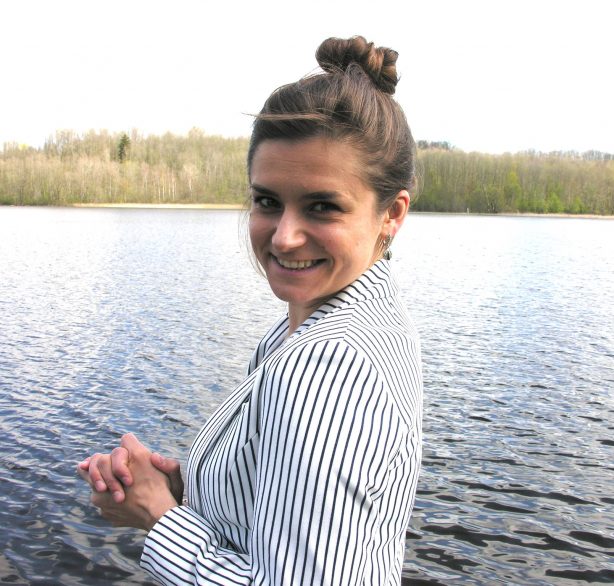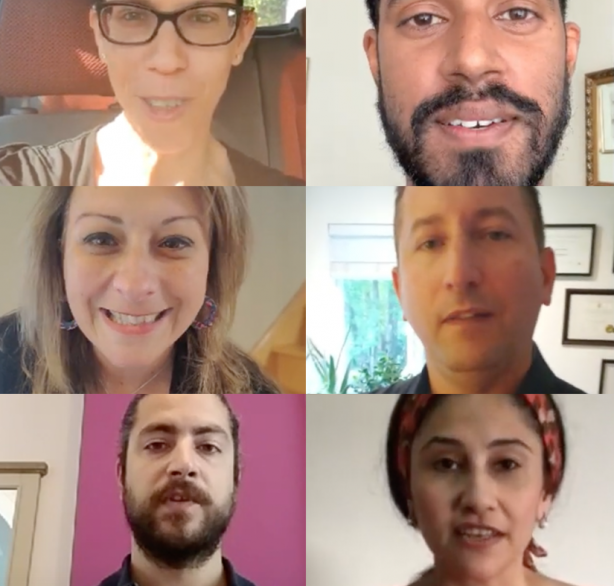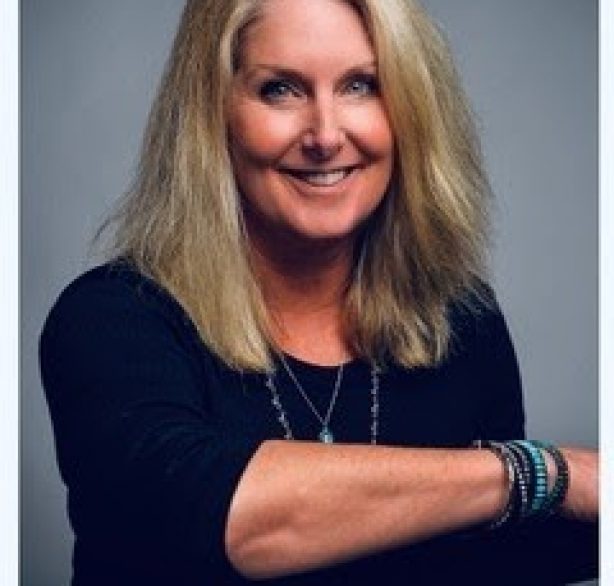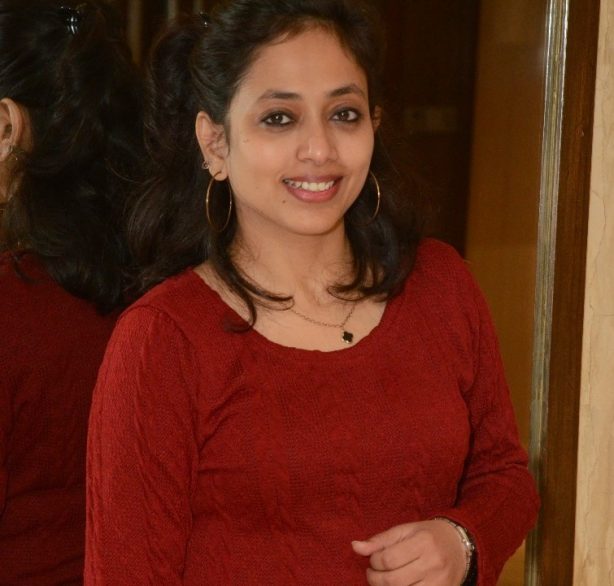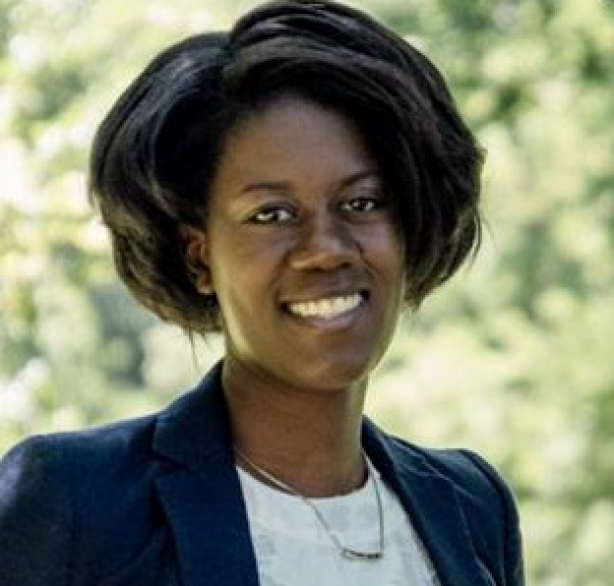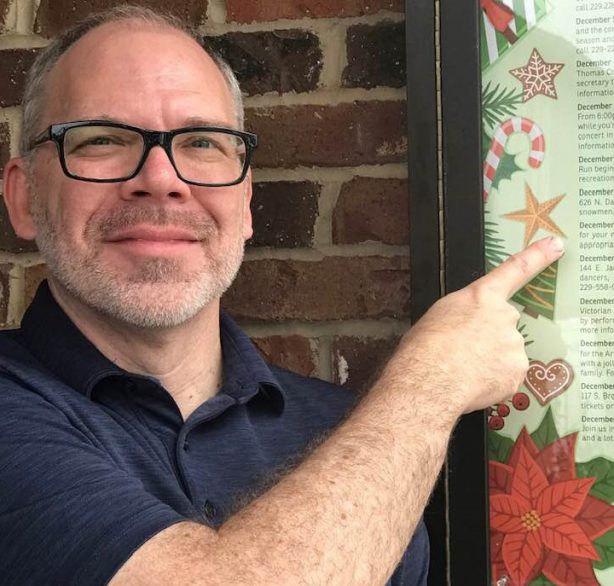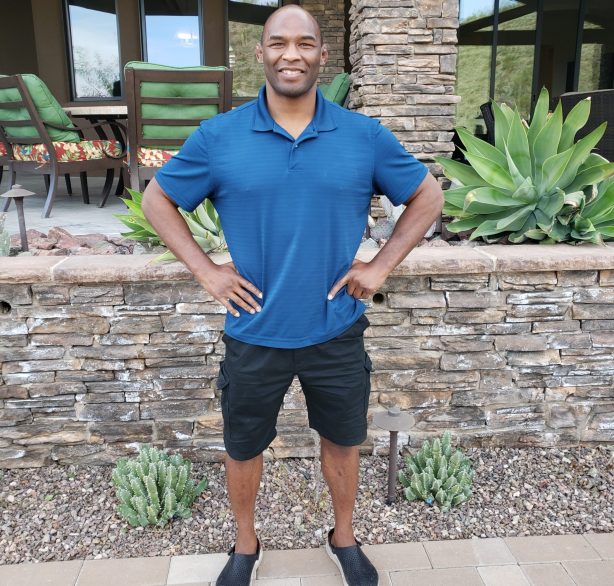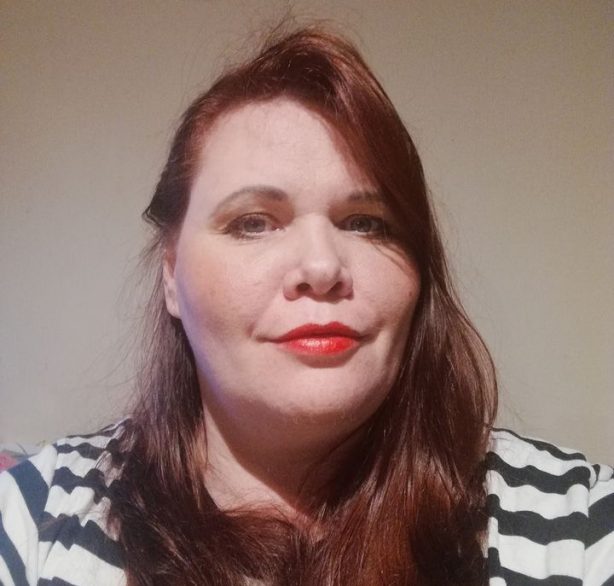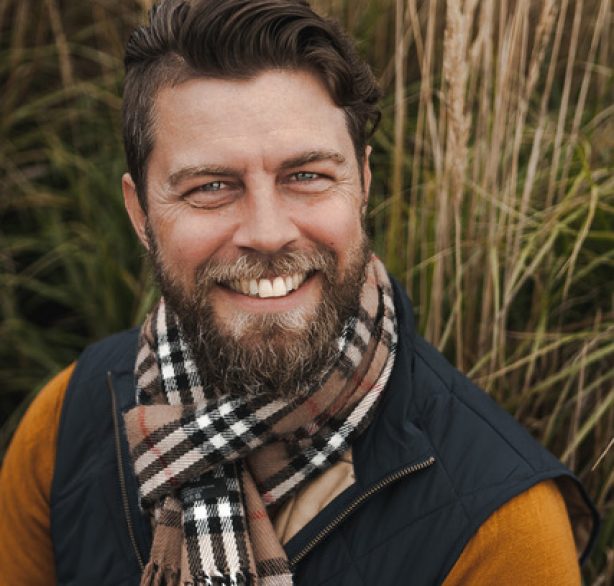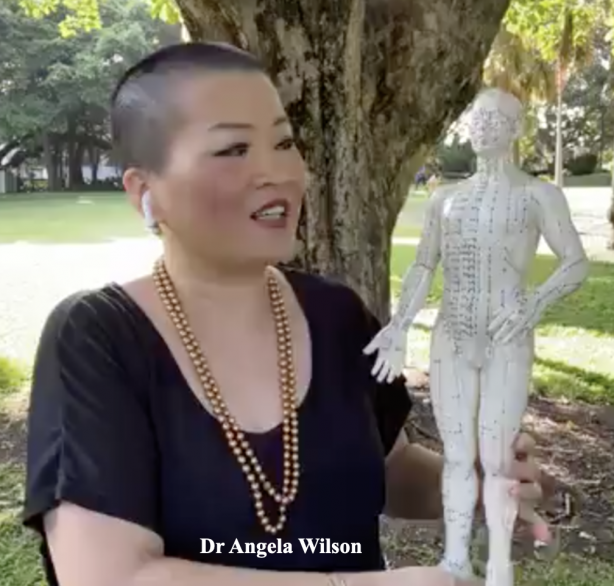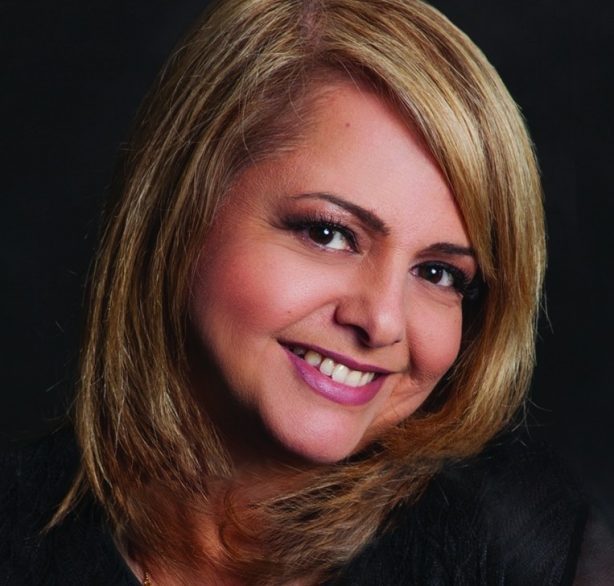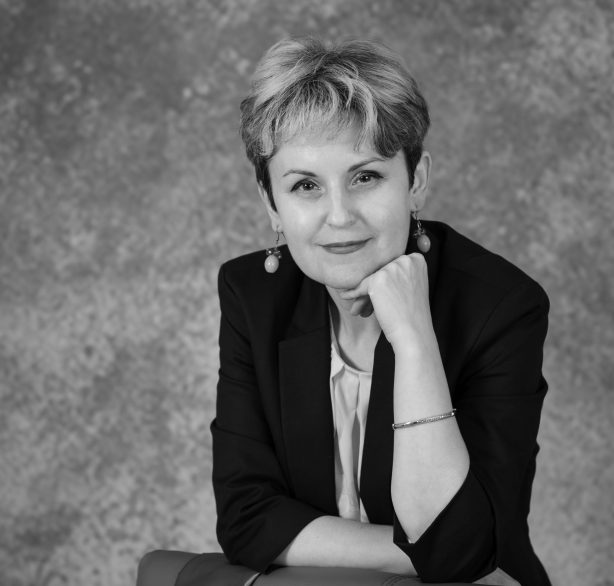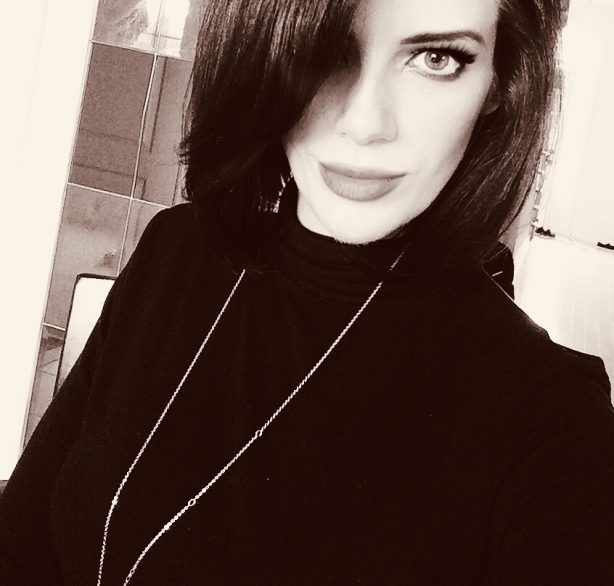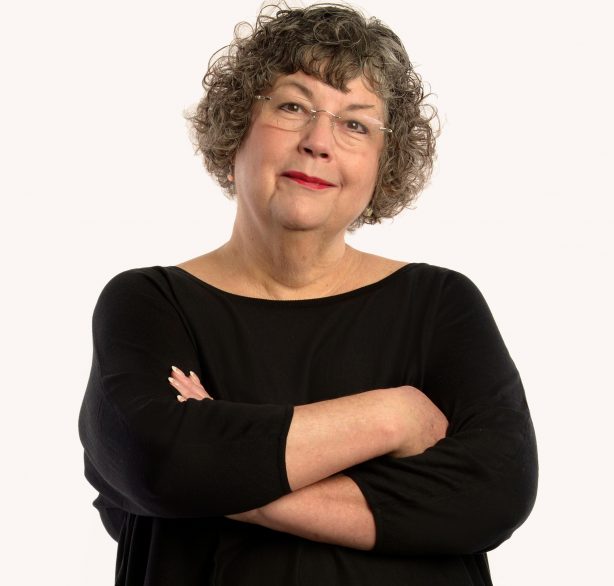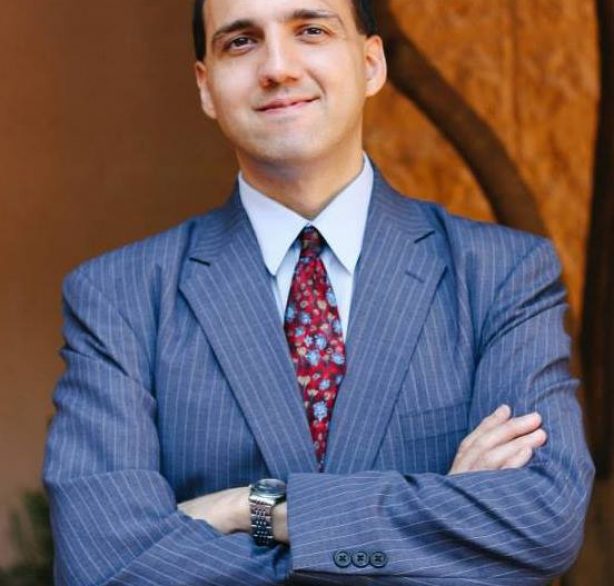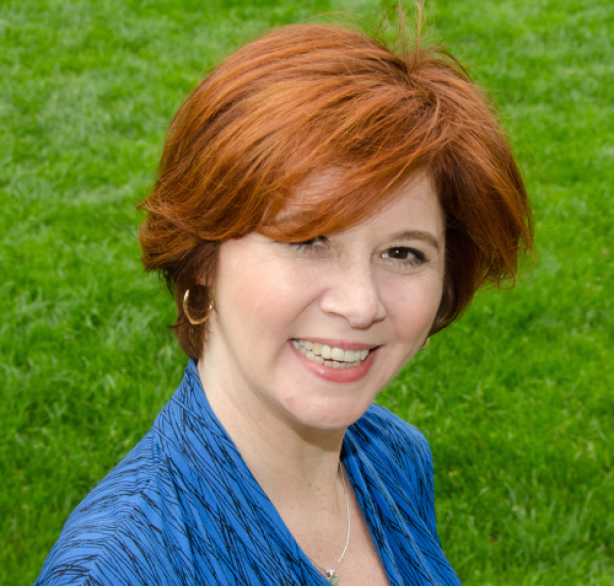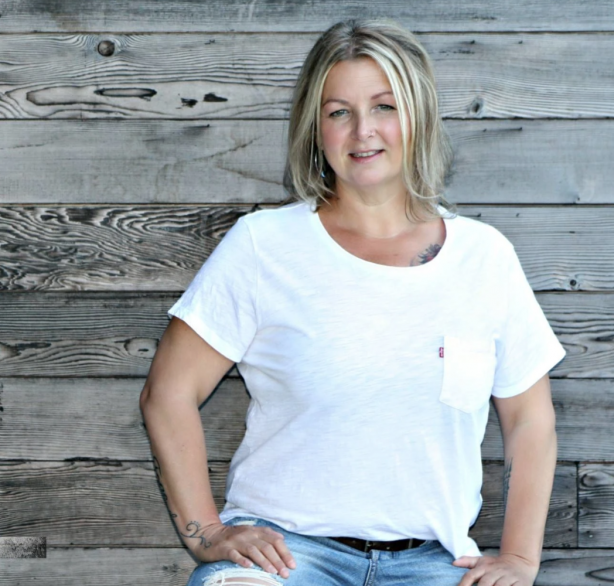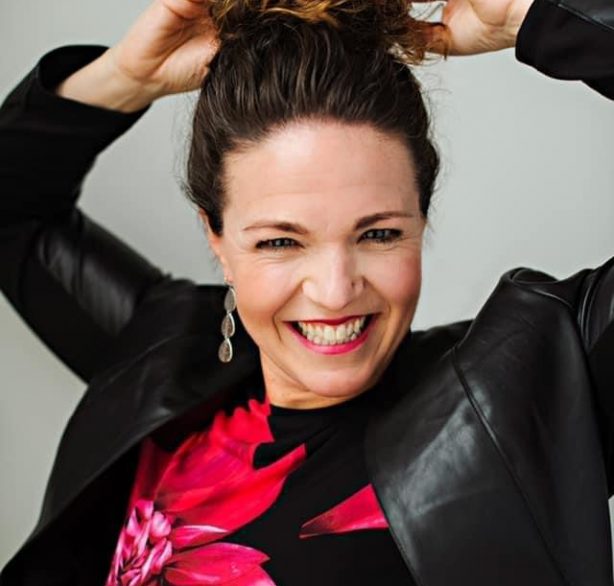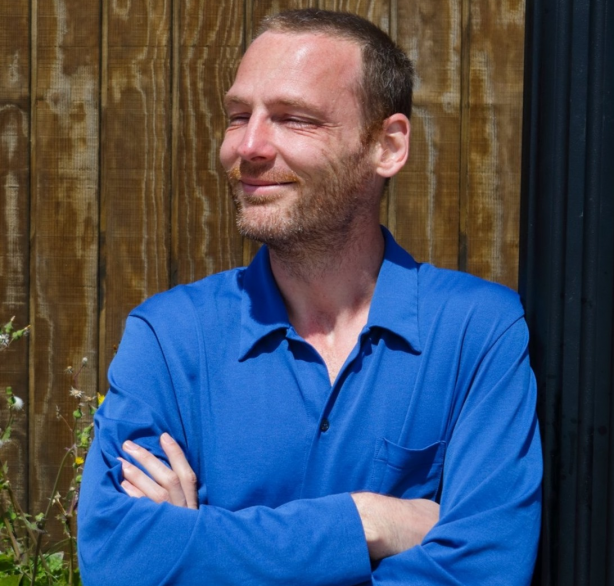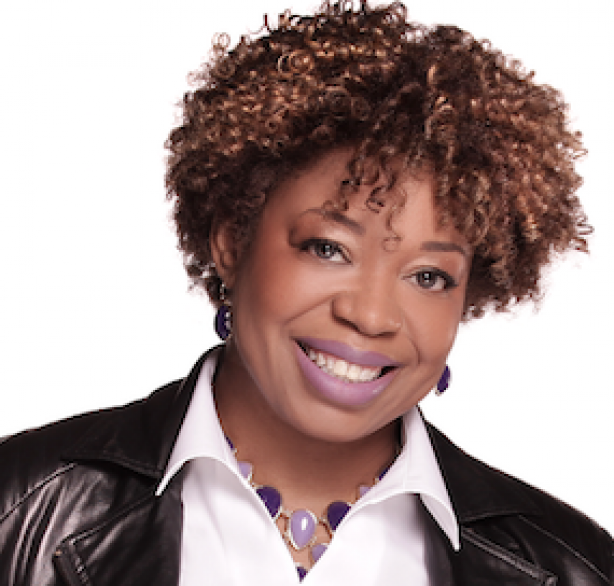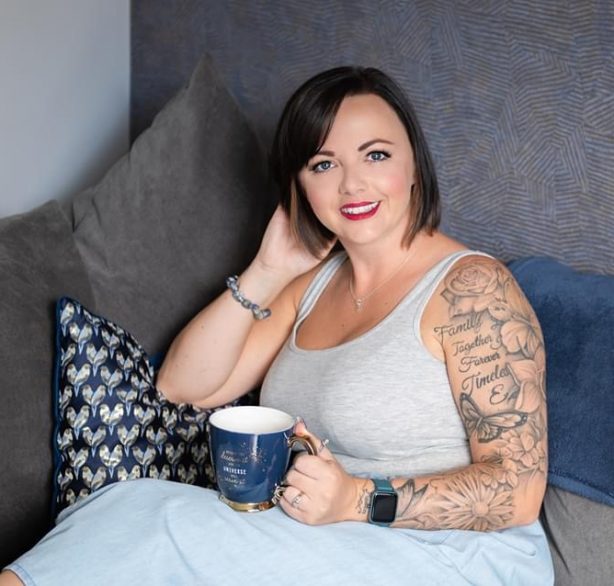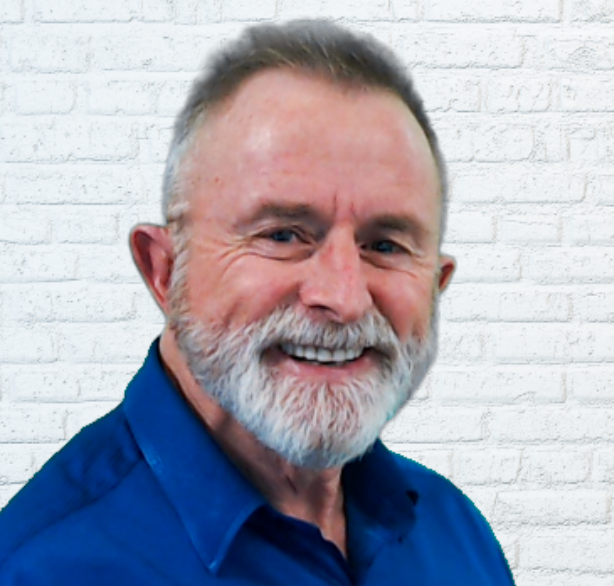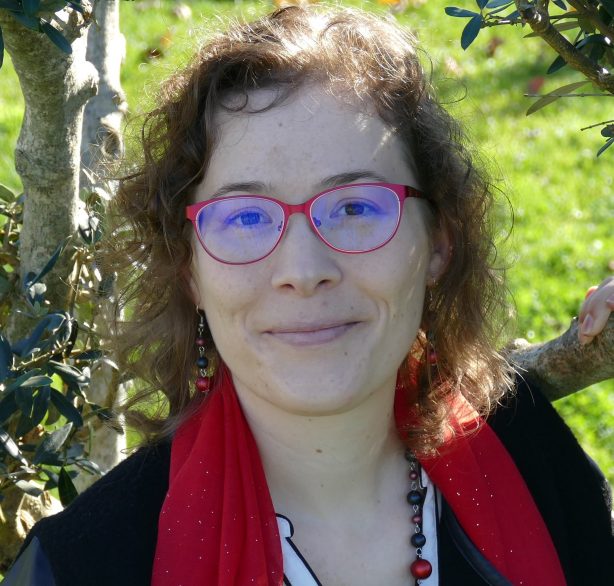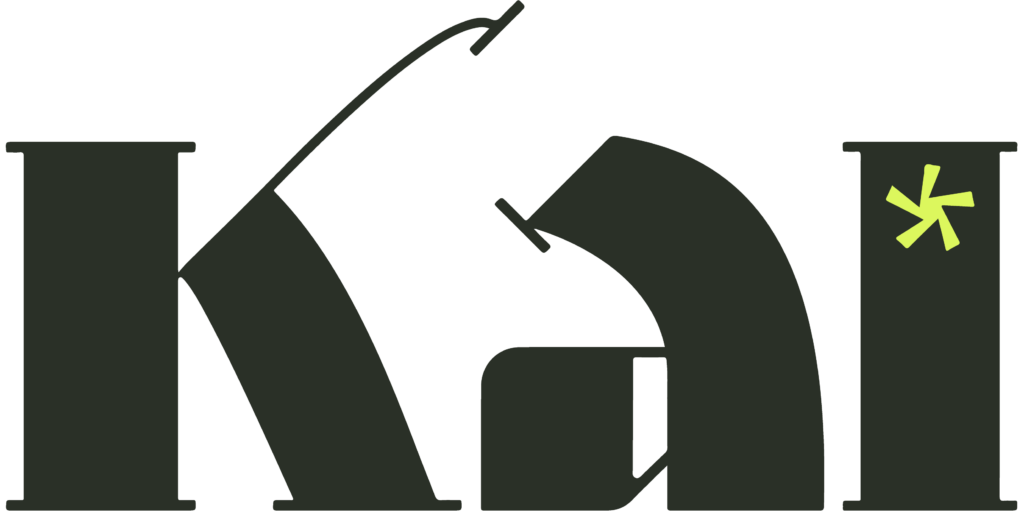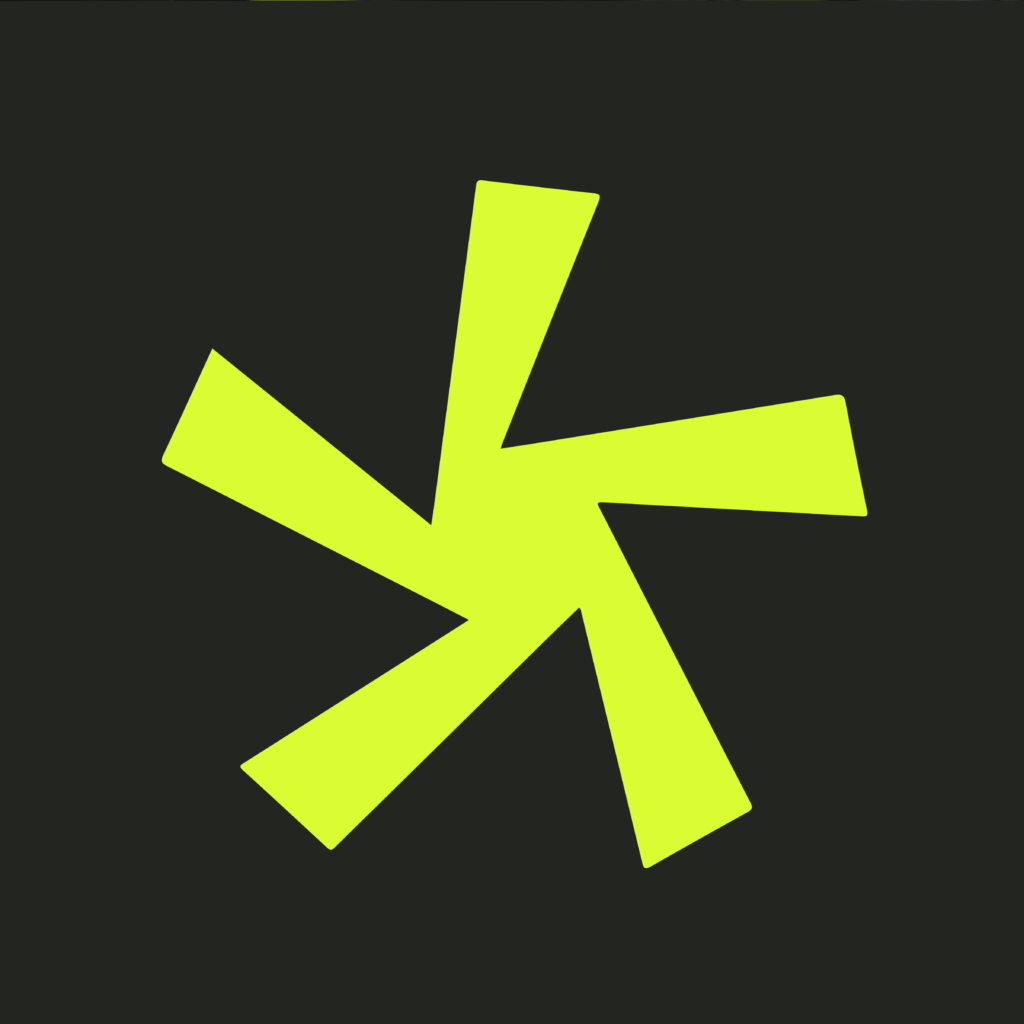Watch the full and inspiring interview with Natália Leal
If you prefer reading, here is the transcribed interview
Ziv: Hey, I’m Ziv, and this is On the Journey. Every week On the Journey explores the intersection of wellness, spiritual inquiry, mental health, personal growth, and purposeful living through the eyes of the people we interview. And today, I’m happy to host Natália Leal a trainer and a coach. And today, Natalia is going to do a coaching session with me. So Natália, I would love to hear what you’re going to do and a bit about yourself.
Natália: Hi. Hello, everyone, wherever you are. Thank you for the invitation Ziv. I am very excited for being here today. So I am a life and career coach and a trainer. I also lecture on the side, but my career has gone from academia to running organizations to a little bit of policy making until I finally found that this was where I felt comfortable and happy. What I do is I work mostly one on one with clients. I’m also preparing some online courses and retreats.
But what we’re going to do right now is a little bit of a teaser of something that many coaches do with clients, but which people can also just do by themselves at home. So I thought it was a very useful and interesting tool, because it doesn’t need the support of a coach, although you will see it can be helpful to pull a little bit more information and more reflection out of you.
Ziv: Sounds really interesting. So let’s do it. Let’s start.
Natália: So normally I would have already a preliminary conversation with somebody else. We have an idea of maybe what’s the general topic we are going to work out together for a couple of sessions or something a bit longer, but quite frequently I do enjoy asking people to do an exercise, probably one of the most common exercises in coaching, which is called the Wheel of Life. Super powerful exercise, I don’t know if it’s familiar to you. It’s basically a visualization tool and it helps us to just kind of take a picture of where you are today. That’s the first part. And that’s what we will do now. And then we’ll see what comes next.
Ziv: Wonderful. Let’s do it.
Natália: So see if I’d like to know if you have a little bit of pen and paper ready with you. So for those who want to join us, they can do the same thing as well. Just a piece of paper. Are you ready? Something to write with. Something to write on.
Ziv: I have. I have.
Natália: Ok, so I do this exercise a little bit different than other people. And so actually my first question is, I would like you to think about your own life. And what do you think are really the most important areas in your life, so I’m not talking about the goals you have in life, what you want to achieve, but more about the dimensions in your life without which you wouldn’t be able to say that I have a full life and I’m leaving a fully satisfied life.
And so an easy way to think about this is, for example, health. We rarely think about it, if we didn’t have it, we would see really, no this is really important generally, and so most people will consider this relevant. But what else would be must-have areas in your life for you to be leaving right now a fully satisfying life. So I’d like to just spend maybe a minute thinking, so what’s important for me? What do I need to have? Sometimes it’s the first question. What could I not leave without? So like the health? And maybe just crippled down a new piece of paper with one of the corners. What are the things that come up to your mind?
Ziv: Ok, so I’m pausing the video. I would write it down and then we’ll continue.
Ziv: OK, that was more interesting than I thought because, like it sounds, of course I know what are the most important things in my life that without them everything will be worst, but thinking about it and writing them down was meaningful. So, yes, I have it.
Natália: So can I ask you to share what you wrote so far there in your list?
Ziv: Yeah, so I wrote physical, like, of course, the physical aspect, which is like health, but it’s also to have a place to live in, to have clothes, to a food, like basic things. And then family, of course. For me, it’s the most important thing. And relationships that’s beyond family and purpose to fill the time that they have purpose and growth. And I’m growing. I’m in an environment of growth. Discovery, that is not for me, it’s not exactly. It’s very important for me to. I feel that I discover new things about love and fun. It just snaps and binge on Netflix once in a while.
Natália: I’m there with you.
That’s your least so far. Yeah, that’s perfect. I mean, I like to start this way because it forces each of us to see what comes to our mind as the most important areas. Traditionally, actually, coaches and therapists will give you a standard wheel of life with predetermined areas of what are the most important, most important domains. I personally don’t agree with that because I think we get to define what matters for us. Yet I do think it’s worth going back and seeing.
So what would I normally mention? What’s normally there? And I’m just quickly going to share a slide where I just kind of collected the things that, yeah, OK. So usually if you have a pre-defined wheel of life, most likely you would have these areas in there. Sometimes they come together and sometimes they come apart.
There are different numbers of areas you can have, and so some people have things like most people will have something either called career, work, job, health and fitness, family and friends, money and finances, significant other, romance partner, fun and recreation, personal growth, spiritual development, and physical environment. And so there’s no one way there’s no one right way of dividing these, at least in these areas.
So for some people, friends and family fit perfectly together. For others, no one thing is my family. One thing is my friends, and they are different areas. So whatever feels right for you, whatever resonates with you is what matters. But I usually show this to my clients as well, because then I ask them, OK, now you have your list and now I’ve shown you what normally is mentioned. Would you like to adjust to at least you don’t have to. This is not the right list. There’s no way better than yours. But would you like to adjust your list? And so I send this question to you as well.
Ziv: Actually, no, I think that in a way, there are things that I understand better mileage through seeing this list. So, for example, the purpose has inside of it, the carrier, if you know, like the purpose, then you know what it’s like. And also inside purpose, I have the spiritual development. It’s part of my purpose. And so it’s interesting to see how you refer, how you phrase things, and how usually people phrase it.
Natália: What matters is the way you phrase it and what that word or expression, what meaning it has to you. Nobody can tell you. You should have called it a career. No. Why? Because their purpose does not meet. It might be what it’s like in your career, but it might come from different things to do in your life as well, which technically would not be career related. But they’re still related to that area of your life. So I think if you’re comfortable with it, that is the right answer for you.
So if I, let me see, I counted right when you were mentioning them, you had seven areas. Right. So one of the areas that is most often forgotten, which I was very happy to see you include already, is actually fun. And so many of us think we should be always busy in our lives, always focus on doing something that is relevant and not just for fun.
Ziv: Let’s play just play.
Natália: Yeah, we feel guilty putting some relaxation time, some time for ourselves in it. And so that’s by far, in my experience, the most forgotten area that people don’t include and often they would, can I include fun?. Sometimes, as if you needed permission, No. If fun and relaxation and recreation and entertainment, whatever you want to phrase, it is important. Put it there. And I would suggest for most people, it is because we need to keep this balance between relaxation, rest and being actively engaged in something. So the next task now is simple, though some people struggle, it’s just, draw a big circle in your face.
Ziv: I’m part of the struggling group here
Natália: There’s no points for the perfection of the circle. The wobbly circle is a perfect circle.
Ziv: Done. I have a circle.
Natália: Ok, so now I would like to pretend the circle is a cake and slice it in as many areas. If you say yes, you have identified in your area as relevant areas of your life. On your case, it was seven. For other people, this can go anything from five, I think I’ve seen 15. It doesn’t matter. It’s however many areas you identified before. Just cut the cake more or less. So seven is not exactly eight would have been easier to cut, but that’s fine.
Ziv: Yeah, in a way, it’s yeah, will have one piece really bigger than the others. Seven, I feel I have accomplished so many tasks already with you that my inner sense of accomplishment just like grew exponentially.
Natália: Well, we’ve got seven areas in there. And now I will just show another slide a little bit because it’s easy to explain with this one. I want you to imagine that the center of the circle represents zero and the outside represents 10. So kind of the radius of the circle is a rating. And I would like to ask you so from zero to 10, how satisfied do you feel right now with each of those areas in your life?
And so just so you can have a little bit more of an idea. So if you pretend, this is an example for a wheel of life with eight areas, if the center is zero if the outside is 10, let’s say fun and recreation, is that the five? And so I’m going to ask you to rate each of them and then kind of cut the length of the cake. So if it’s five, you’re going to cut it kind of halfway through the radius. Just got five around here. If it’s an eight it’s more outside. If it’s a two, it’s somewhere inside. So it’s just more or less have that proportion.
So I think the best thing is for you first just give a rating to each of those areas if you want to take a little bit of time to reflect on it and then just draw it more or less. That’s OK.
Ziv: Ok, so I pause again. I’ll do your task. Of course, our viewers are more than welcome to do it as well pause the video and just try it on your own.
OK, so I scored my list. What’s next?
Natália: So you gave us scored which of the seven areas. So now I want you to kind of transfer that to the wheel.
Ziv: Ok, so I just show it for a second and, OK, so that’s the list and the beautiful circle I created. And now I need to put it inside the,
Natália: We don’t see it very well with your backgrounds.
Ziv: Oh my God. The background is terrible. OK, so imagine, imagine that you see it. So I put next to each wall the number, the score. And now what’s the next step?
Natália: Now I want you to assign each of those areas to one of your slices of the cake. So just name each of the slices that you had. One slice could be physical. One slice would be family.
Ziv: Ok, so I’m doing it now.
Natália: So the order is totally relevant, just.
Ziv: Physical. I will pause the video. Don’t wait for me to do it. Meanwhile, you are welcome to do it on yours. So I put the word near each of the slices and the next step.
Natália: So now I want you to, also by screened again for people to know a little bit what we’re doing. So you will have your version of this. We also each slice has one name, which is that areas that are important for you, whichever, and how many slices you have. So now you already have your writing. Can you please give me one area, the writing you gave for it?
Ziv: Yeah, when I go to fun, I had to give it five.
Natália: Ok, so here there’s also fun and recreation in this slide. So if you gave it five, if you imagine five is halfway through the length of the slides. Right. So then you’re just going to cut it in half. And so it’s going to look in the end something. I have a next slide. It could look something like this. So depending on your rating, you’re going to cut it in a different part. So this is a knife, for example. This is probably a five. That’s a nine. A 10 might have big or small. So it looks something like this.
Ziv: I see. OK, so I’ll do it and. I’ll do it, so let’s do it. You’re welcome to do it. And we’re going to pause the video. Meanwhile, you’re welcome also to pause your video and do it. OK, so I cut it in the right places and I have a visual image. In a way, it reminds your image.
Natália: So you now have your wheel of life drawn and that’s the first step that people can do. And sometimes I even recommend you do on a certain regular basis to remind yourself what is important for you and how is it doing right now. But so now you have that visual tool. We actually in coaching with one interpretation of it to try to reflect on it. So my first question, everyone’s I think is if that was actually a wheel in a car or in a wagon or something like that, how bumpy with your ride be?
Ziv: Quite bumpy.
Natália: Ok, so it’s likely that like most people, they have some areas that are very low, some areas are doing well, and that represents, it is a little bit like a balance in your life right now. Are you comfortable sharing with us maybe what are your lowest scores? Which areas have it?
Ziv: Yes, definitely. So the lowest is fun. And next after fun, which in a way they’re a bit similar. It’s discovery and relationships. It’s the third. All the rest are really high and. That relationships, fun, and discovery.
Natália: Ok, so I usually. If any area is five or below, that is generally a bit of an alarm sign, that area requires a little bit more attention than a little bit more work on it. But that is not to say that the areas’ score is higher, even if you have tens and they don’t need your attention. So if you want to maintain a score of 10, you still need to dedicate some time to maintain that area.
Now, what does this mean? OK, probably what you want to do is for the next months, weeks, or whatever, depending on your situation, to really focus a bit more on what can you do to improve the areas with the lowest score. And as you’ve already kind of mentioned a little bit, the areas are not necessarily independent between themselves. So there is a relationship between, for example, fun and discovery. And some areas are related in that direct way and the others in, then they work in an inverse way, whereas you invest more time in one, sometimes you can in the other one as well.
But sometimes when you invest money, you invest too much fun. Your relationship time could suffer if you’re doing the fun by yourself. Of course, there are ways of integrating it, but it’s just to give an idea. Sometimes if you invest in your career, your family can might lose a little bit in their area. But so, it depends.
But what I like to ask people to really think about how they relate to each other, which areas actually kind of have a positive contagious with others and which ones might actually feed off other areas. So consider that for a little bit. Just look at your wheel and think with that in mind, if you had to pick just one area for us to talk a little bit more right now, which one would you pick? So one of the lowest scores doesn’t need to be the lowest one.
Ziv: Yeah, but I think that I totally agree. So if I’m looking at the fun and in a way on my wheel, fun is just in front of purpose. So I called purpose is 10. And fun is five because I get a lot of satisfaction in the way I can call it even fun from living my purpose for life. I really do things that are important for me, but it doesn’t leave a place to do just stupid, playful, funny things. It doesn’t leave enough place for that. And definitely
Natália: Sometimes you said it’s a childish fun almost. The play, the play. As you were saying that it give us just that sense of pure joy that comes from it. You do it for the sake of fun, for nothing else. Obviously, it’s great that you get fun when you are implementing your purpose, what you do. But sometimes we just ravel in that. I did it just cause it was fun and it felt good. And we actually deserve it, not all the time, but we deserve a little bit of time for ourselves and and fun for some people might meet. Let me watch Netflix by myself, so fun can mean different things to different people. I could be going off on the party, playing games with others, painting by yourself, whatever that means.
Ziv: I guess. Yeah. I’m just, you know, what you’re talking. I guess it’s also not about the quantity cause maybe I do watch a Netflix three hours a day, and I don’t feel that I have enough fun in my life, or maybe I can do a very, very little bit. I can even watch 10 minutes a day and I will feel that I have tons of fun because it’s just enough. So it’s like the inner feeling that I don’t have enough fun and play in my life. And maybe it can, you know, maybe a few minutes a day can maybe boost it and make me feel that I have more fun.
Natália: So here’s a question to you. Do you remember a time when you would have score fun to higher or lower score?
Ziv: Yeah, definitely higher, yeah.
Natália: So what more are you doing in that time that was different from now?
Ziv: I was traveling and then I would score fun as ten and purpose as way lower and. Yes, when thinking about it, I think I didn’t find a way to find the balance of a well enough connection between purpose and fun.
Natália: Yeah, I mean, another important issue to bear in mind is what are you aiming at? And we do this exercises then it goes from zero to 10. But is 10 really what you’re aiming for? Maybe we’re happy if everything is at eight. So it’s think first of what would you it like to be ideally? Would you want everything at ten? Maybe yes, maybe not. But it’s just destroying the presumption that is the goal for everything.
Ziv: Yeah, that’s interesting, cause if I say that something in my life is 8 it means I feel that something is missing there. And maybe I can’t feel really satisfied. Maybe, you know, I’m just wondering if I can put something instead, although it’s not perfect, but I feel so satisfied that I’m sure I can live a more purposeful life.
I’m sure I can do more things. But, the fact that I feel that I’m satisfied, that’s why I gave it 10 and with growth, I gave it nine. Because I feel that something’s missing with the growth. Can I be happy with nine? Yes, but can I do something that I would feel more satisfied about my growth? I guess, again, that’s why I gave it nine. Yeah, so can we be fully happy and satisfied when something is still missing?
Natália: That’s an answer that only you can have, because ultimately it’s very hard to have everything at 10. And so sometimes it’s about the compromises that you do to reach the balance so that the journey is not so bumpy, because if you have, let’s say, half of your wheel at 10 but the other at two. Is it better than having everything at seven?
Ziv: And the question is it two, because something is missing or it’s two because I’m not satisfied?
Natália: No. I mean, satisfaction is the subjective. The whole point of the exercise is that you reflect on how you feel with those areas today. What is for me at 10 today, maybe tomorrow, if I stand still, that will come down to a seven because I did nothing about it. But it points, it puts the finger on the fact that some areas are we feel there’s something like. For whatever reason.
So you were saying somehow that you didn’t give a 10 to growth because you felt something’s still not there. Something’s still there that I. And so that was that is perfectly fine in the asked the question I made before, there’s no right answer to it. For some people, maybe they’re OK. OK, some areas are fine because there may be more important than the other ones. The other ones are relevant but proportionately less. But overall,
the more balanced your life is, the better you will feel. Share on XZiv: I agree. One of the, you know, if we think about that instead and one thought that came to my mind is when you have a score, let’s say nine on something, the question is, do I need to change something? Or to get a 10 or if the fact that I accept, that I’m satisfied with what I have now. It’s that fact we make it a ten because ten doesn’t mean that it’s perfect. Ten means that I’m satisfied with things as they are.
So sometimes I can change my mind, my mindset, and not necessarily my actions. Because if I say, you know what? The fact that I have it in my life is enough, I’m happy with it, then five becomes 10 just with switch of a mind.
Natália: Yeah, and it’s also about looking at the other areas. So the fact is that we have limited time and so you can’t invest twenty four hours a day in all the areas of your life.
You need to make choices. And the choice then means by choosing something, it means you're denying yourself the option in that moment to work on something else. Share on XSo there is, I mean, in economics would say that’s an opportunity cost. That is the loss that you couldn’t take because it chose to go one way, not the other. It doesn’t mean that later you can also try the other way. You can do other thing, but generally, if you’re focusing on one thing, you can’t be doing a second thing at the same time. So multitasking, we know it’s not necessarily a good thing either.
Ziv: Necessarily not a good thing.
Natália: Yeah. And so it’s about choosing. So if your Wheel is bumping, what is the areas you actually need to work on? And then the question is, OK, what could you do, not necessarily to go from a four or five to 10, but just to go to the next score to bump it a little bit? What’s maybe the smallest action you could do, for example, regarding fun to go from a five closer to a six?
It's not about changing completely your life, but something simple, something maybe you could do today or tomorrow just to start working on it. Share on XAnd that’s the step one of the things can be just saying, oh. Just talking to yourself and thinking maybe that’s fine. It’s actually I’m good there. So part of it can be a conversation with yourself. How to have a conversation with myself and reflect on it better.
But just for the sake of exercise here, I’m also going to challenge you if you actually had to do something in action, what could you do? So I’m not asking you to now plan an around-the-world trip. So something feasible that you can actually do. Simple enough to implement in a couple of days or something.
Ziv: I have two ideas for myself. One is to stop whenever I do something fun and to note. The fact that I’m doing something fun, I think that I overlook some of the fun things and that my experience is not powerful enough to pose on the fun things and note, hey, this is fun, I’m doing fine now. And the second thing is to allocate time to choose. OK, so Tuesday nights are fun nights, and I’m going to just put it on my calendar and make sure I have at least once a week time that is dedicated. All for that for fun.
Natália: Yeah. Thank you for sharing both good, excellent proposals, usually whatever feels right. That’s what people say that it is OK. We’re looking for first steps and then the challenge later on you will ask yourself, I’ve done this one. What else could I do next? There’s an inertia. That means that the hardest thing is to start. Is it first step, once we start working in an area in small steps, small, doable things, then it’s easy for us. Okay maybe I could also do this and I could also do that.
In your place what you’ve just mentioned is just, yes, awareness, mindfulness, just sailing yourself. Oh, this was fun. And that by itself. Increases the pleasure we get from that experience. Pausing and notice, it’s a great, great idea. My question would be, OK, how will we remember to actually do it?
Ziv: So the writing in the calendar, the fun time is a way to remember, to actually allocate time, but to note the fun moments? So I saw that being more aware is not necessarily, it doesn’t help because you forget to be aware and many times and so for me it’s to put clues, like to put a small note on my screen that says, remember to stop when you’re having fun and to make it a habit. So each time it happens to do it and then create the habit. Out of it.
Natália: But that’s exactly what I ask to do and what I try to work with everyone for every action is how will you remember to actually do it? Because we set up with the intention, I will stop and notice it. But in the moment we often forget. And so whether people use I don’t know, nowadays with technology, send yourself a reminder of a message. Are you having fun?
Maybe halfway through your Tuesday nights or put a Post-it somewhere? Remember to have fun tonight or something or even ask somebody, a friend or a partner to remind you of it. But it’s important that we find the right anchors trigger cues so that we actually implement what we set out to the.
So, for example, for the next one you allocate time for it, you’ve been perfect, but most of the times what I need to ask, OK, when? How often? How long? And so for you, Tuesday nights, how many hours? Every week?
Ziv: Definitely, yeah, every week, how many hours? I guess from the moment the kids are sleeping until I feel too tired, but yeah,
Natália: That’s fine, but it’s making sure that it’s not just saying I will allocate time for it, but actually doing it and eventually actually see them. OK, I will see you book it. Get your agenda, whatever, that’s in your phone, or the paper one and it’s every night I read what the records wrote, right? Except if it’s every week, I want to see the current one.
Eventually, as we set up in that habit of doing these, we won’t need this cues anymore. But the beginning is tough and something else is going to come up. A friend called you and an urgent thing at work is going to happen to say Oh, I’ll do fun another night and then it’s at least a week before you remember. OK, so it’s about thinking about small steps but concrete and specific enough that you schedule somewhere around your date time and do this for each of the areas of the wheel, even for the ones that are doing well.
If you have tens, what can you do to make sure you maintain it? And so for each of the areas, you have to give yourself a little bit of time to reflect and think, OK, what can I do to get discovery from where it is to one point higher? What can I do for relationships or for growth and really doing this reflection? Making a commitment with yourself about what you feel comfortable starting right now. So I would avoid big fun to say I’m going to do 10 things for growth, that, no pick one action if you’ve done that and you can think about the next one, but pick one.
Be focused. Be purposeful also on what you choose. And also then be kind to yourself when you promise to do one thing. Share on XBut it doesn’t turn out that well. Then just allow yourself the time to say, OK, maybe something here is not working quite right, adjust. So maybe you promise too much, sometimes we didn’t promise enough. What we promised to do was so easy, so unchallenging, that we did it.
It was like, we didn’t get the benefit we thought we would get out of it. But it’s about sitting over a regular basis and real thing, OK, how is my life doing? What can I do with each area and move to the next little bit? And then I recommend really schedule everything and maybe twice a year or something like that. Repeat the exercise and repeat it from scratch. So don’t go and get your old wheel of life back repeat it from scratch.
Think again. What are the areas that are important for you? Score them and then think what you could do about it. Then you can go and get your old wheel and see how it’s progressed, how it has changed. Some things have gone higher, something they can lower. But if you start with the old wheel you will get, you’re going to be already pre-formatted to which areas are important, where you work this score before and wanted to focus each time on the current moment, on whichever moment that is. So not to think about whether it’s better or worse than before. But how satisfied are you with each of those areas today, right now?
Ziv: Okay Natalia, that really makes sense and really small steps and make sure you take real one focused action about it and you progressed from there one action at a time, twice a year, like with the dentist to go and do a checkup.
Natália: Yes, a little bit. You can say on the day I go to the dentist, I’ll do something fun, like the Wheel of Life. Not sure if it your fill your cup, but.
Ziv: Definitely. So Natalia this was very, very interesting and insightful for me. I want to thank you for this coaching session that you walk me through and our viewers and your details are going to be attached below the video. So, everyone, you’re more than welcome to contact Natalia and to be in touch with her. Natalia I thank you very much. It was great.
Natália: It was my pleasure. I hope it gave you also for yourself a little bit of incentives to work on some areas, but also to give you the idea that you do have tools. And if you look at it closely enough, you will know what to do.
Ziv: And they already my fun scale for today already grew and they went up a notch. Thank you very.
Natália: It went one point up just by doing the exercise.
Ziv: Totally. Totally. Have a great day.
Natália: Thank you as well.
Who are you?
I draw on 19+ years work experience across different countries and sectors. I am familiar with executive management of not-for-profit networks and businesses; academic teaching and research; training; negotiations; policy-making; sustainability in global supply-chains and Fair Trade; leadership and communications, as well as work with strategy-setting and goal-setting
My style is intuitive and flexible, building on my top 3 character strengths of judgment, perspective and love of learning. I use an eclectic approach, combining tools from positive psychology, neurosciences, career design, organisational change, system’s theory, and coaching.
I speak fluent English and Portuguese; conversational French, Spanish; and some Italian, Dutch.
I love to read, solve puzzles, watch movies, practice Tai Chi and Chi Kung, and when possible scuba-dive.
As rational beings, we are all capable of eventually finding solutions to our problems. But until we do, we often find ourselves in pain, stuck, lost, unsure what to do next, running on automatic pilot, unable to make important decisions and/or implement them.
I am here to help you make meaningful, long-term changes in your professional or personal life in a safe, confidential, but also challenging environment
My job is to help you find the best way to address your challenges and reach your goals. By using my tools, knowledge and experience, you get a shortcut to solutions!
